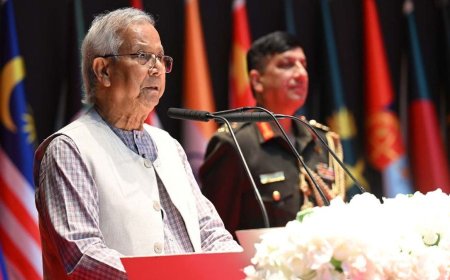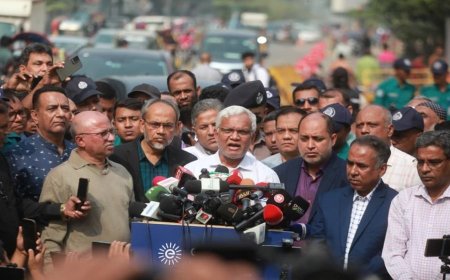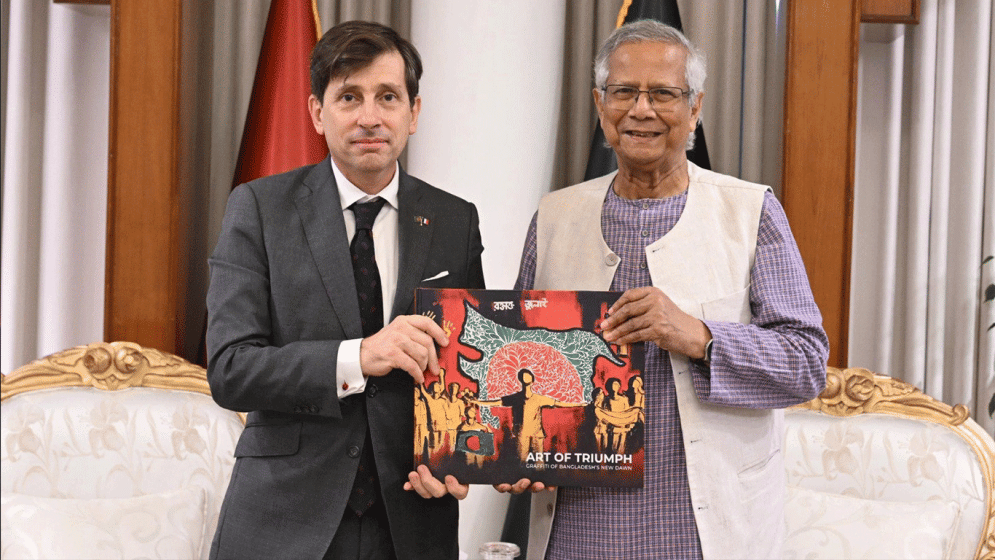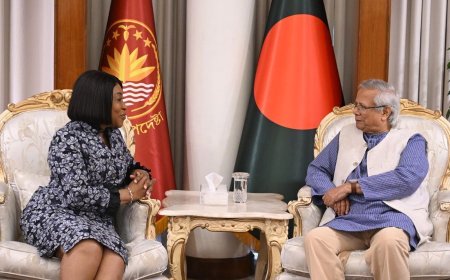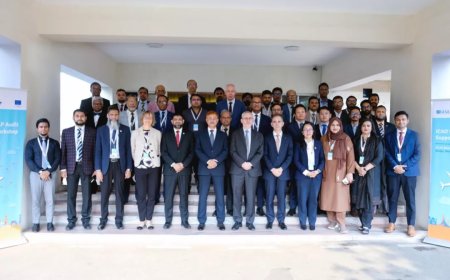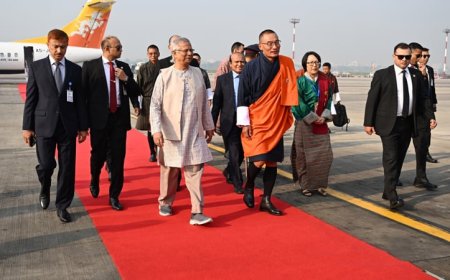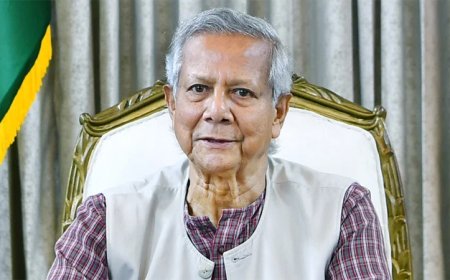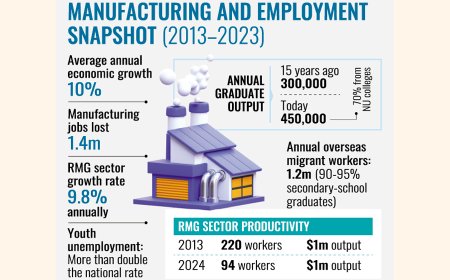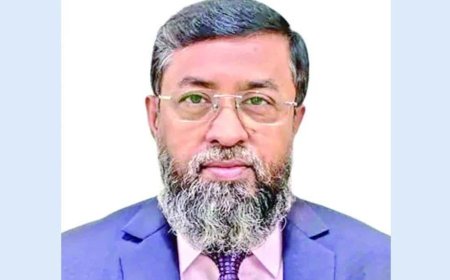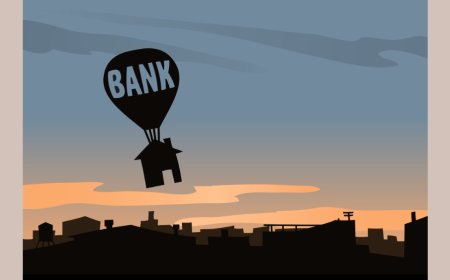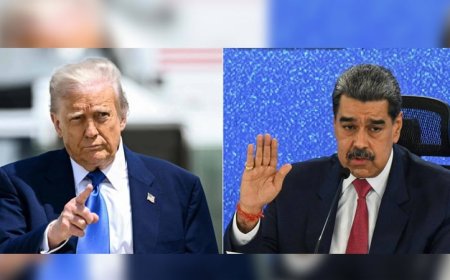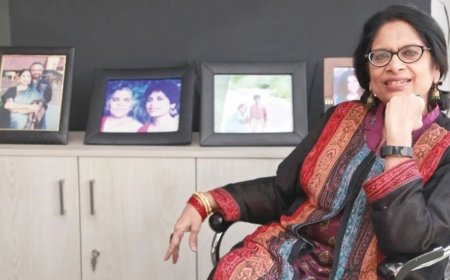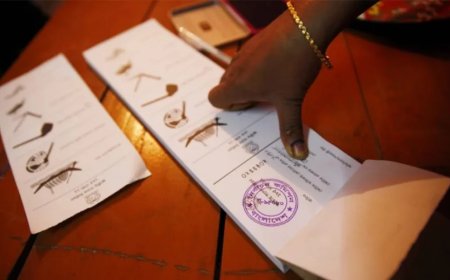Interim Government: Succumbing to Pressure and an Overflow of Misinformation
Interim Government: Succumbing to Pressure and an Overflow of Misinformation
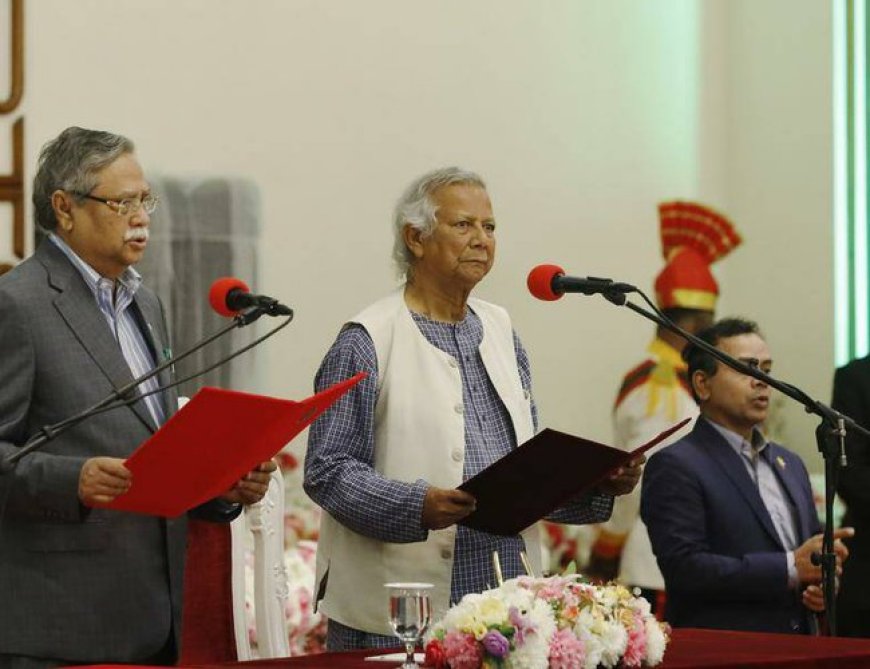
After the fall of the autocratic regime following a mass uprising led by the Students Against Discrimination movement, interim government chief advisor Dr. Muhammad Yunus emphasized building a new, inclusive, and non-discriminatory Bangladesh. He stated that this vision aligns with the hopes and dreams of the students and youth. However, since the specifics of this new Bangladesh and how it would be implemented were not clearly outlined in advance, questions have arisen about reforms in various sectors, with some suggesting the need for starting from scratch. It’s important to remember that public patience can wear thin if they are made to wait too long for positive changes, so any sign of hesitation or indecision within the government is unwarranted.
While there is general agreement on the necessity of several key reforms before the elections, disagreements have surfaced regarding the procedures for implementing these reforms. A clear example is the dissolution of the coordination committee formed to review and revise textbooks. The delay in establishing reform commissions also hints at political pressure. Instead of focusing on reforms, discussions with political parties seem more concerned with seeking their input on commission members and terms of reference. Although the committee to revise textbooks had started its work, it was dissolved after two members, accused of being anti-Islamic, were removed, and demands were made to include Islamic scholars (alems). The influence of Islamic groups on educational content is not new, and the Awami League has a history of compromising under such pressures.
For instance, non-Muslim authors' works were removed from textbooks, and so-called un-Islamic philosophies and cultures were avoided. Sheikh Hasina’s political strategies have long contributed to the expansion of madrasa education. Despite the government's lack of involvement in the qawmi madrasa curriculum, their certificates were recognized as equivalent to university degrees. In return, Sheikh Hasina was honored with the title "Qawmi Janani" (Mother of Qawmi) just two days before the 2018 election.
Regardless of the reasons behind the government’s decisions, many believe they are yielding to pressure from pro-Islamic factions. The decision to remove two prominent figures due to baseless allegations of religious hatred has fueled local criticism. In this context, the delay in implementing government reforms raises concerns. Moreover, debates over who deserves credit for ending autocratic rule risk undermining the unity needed to build a new Bangladesh. One of the movement’s key organizers, Mahfuz Alam, highlighted that from July 1 to 15, the movement lacked political or intellectual support, and it was only the mass participation in the Bangla blockade program that revealed the movement’s resonance with the people. He also acknowledged the importance of the ongoing political struggles over the past 15 years in creating the conditions for the anti-autocracy movement.
However, allegations have emerged that leaders of the Jamaat-affiliated Chhatra Shibir infiltrated the Students Against Discrimination movement by disguising themselves as Chhatra League members. These accusations raise suspicions about attempts to divert attention from the pressing need for political and institutional reforms. The Awami League has long claimed that Jamaat and Shibir activists infiltrated their ranks, though many dismissed these claims as excuses for internal misconduct.
Following the downfall of Sheikh Hasina’s autocratic regime, attacks against minority communities occurred in various regions, whether motivated by political revenge, personal grievances, or religious intolerance. In response, political parties quickly condemned these acts. Despite this, certain communal groups have continued to spread religious hatred and attack shrines, exploiting the weakened state of law enforcement, which had been complicit in the autocratic regime’s criminal activities.
It's widely known that India was shocked by the fall of the autocratic regime due to the mass uprising. Indian politicians and intellectuals, much like their government, viewed Sheikh Hasina as a key figure in maintaining secular politics in Bangladesh. With her ousting, they perceive the rise of pro-Islamic forces. This misconception has extended beyond India’s borders, with Indian media spreading disinformation and propaganda, even reaching as far as New York, where false narratives were displayed on an electronic billboard in Times Square. Fortunately, investigations by international media outlets like the BBC, Deutsche Welle, Al Jazeera, and Voice of America have helped expose these exaggerations, aiding the interim government.
Although the government and political parties have pledged to investigate the attacks on minorities, the disinformation campaign against the interim government continues. It’s worth noting that Awami League itself has a poor track record regarding minority rights during its 15 years of rule.
What's Your Reaction?








